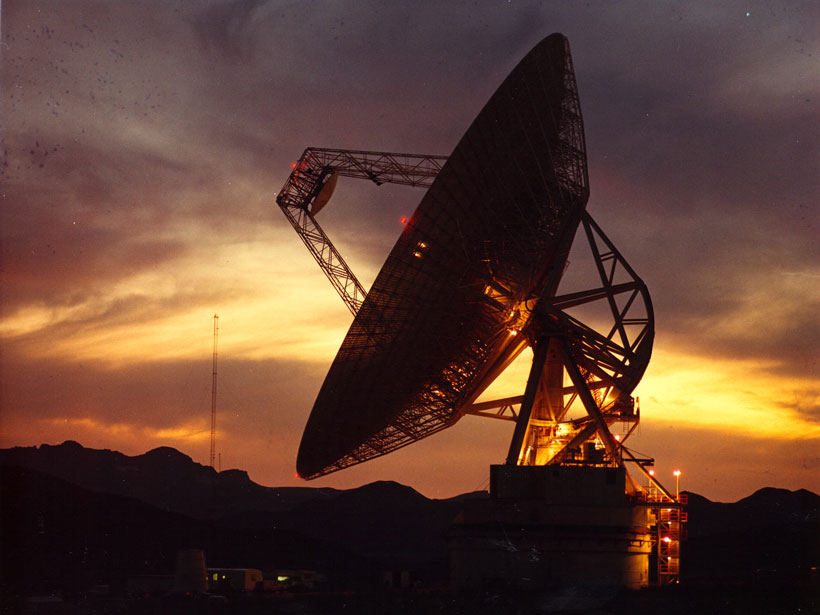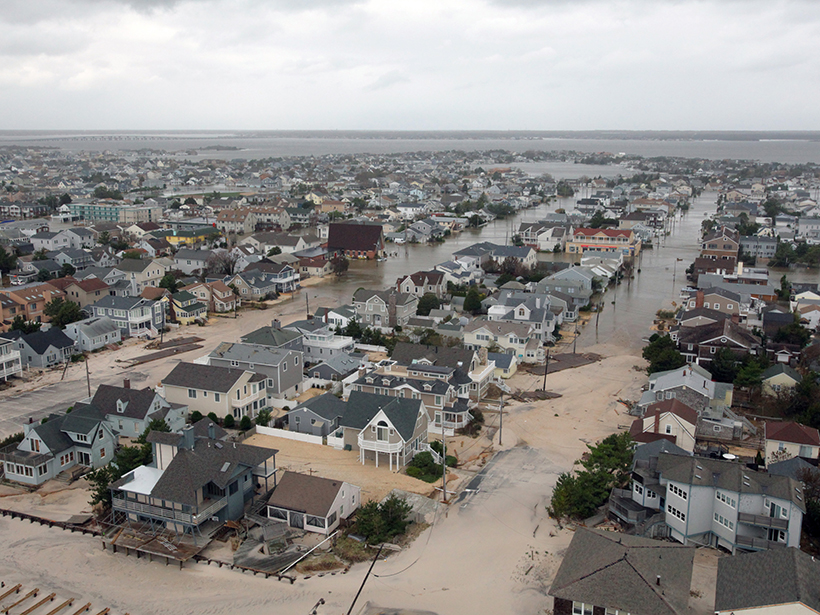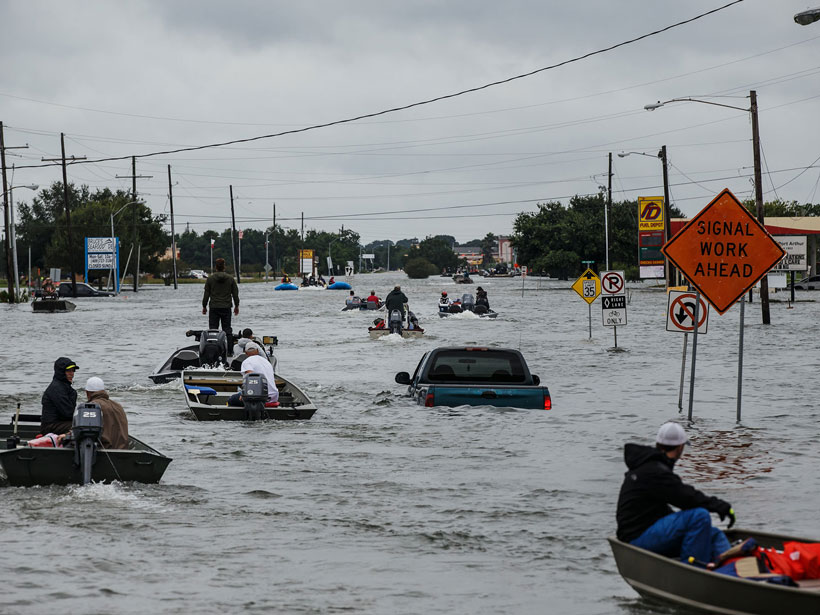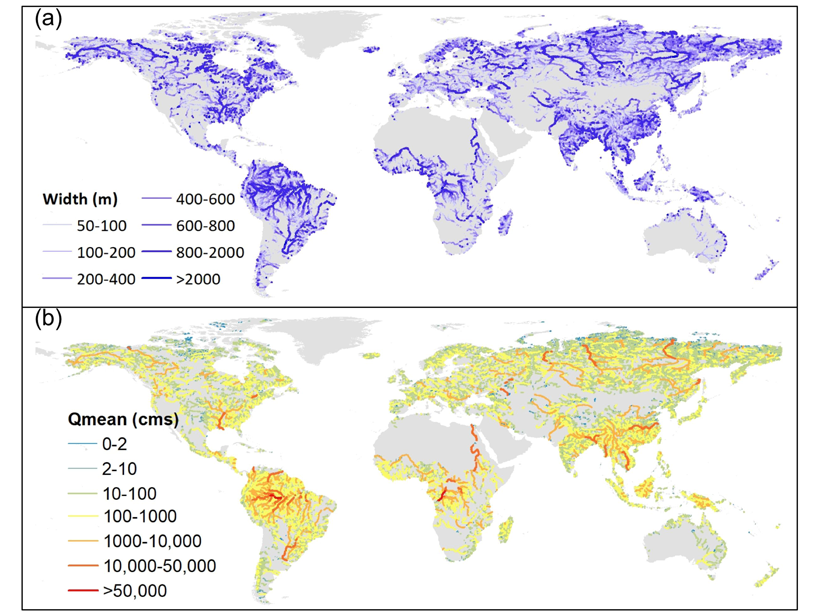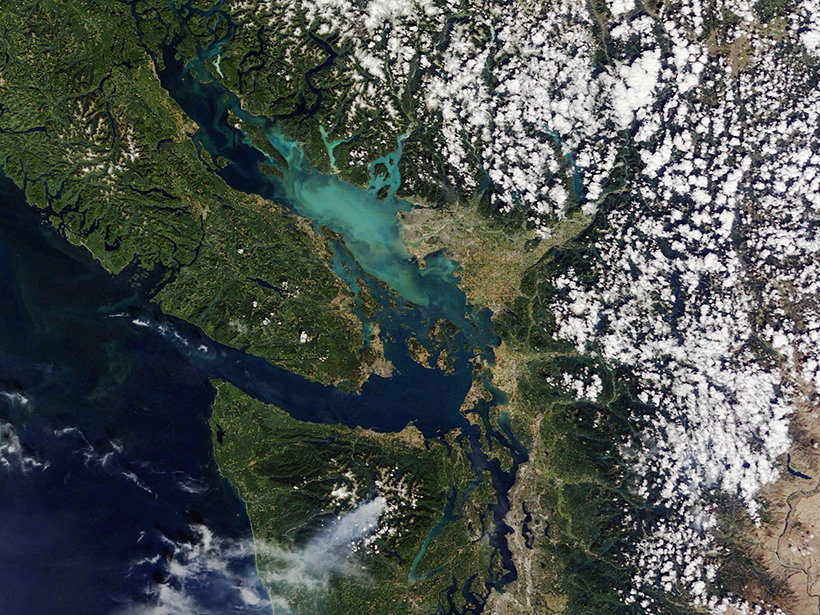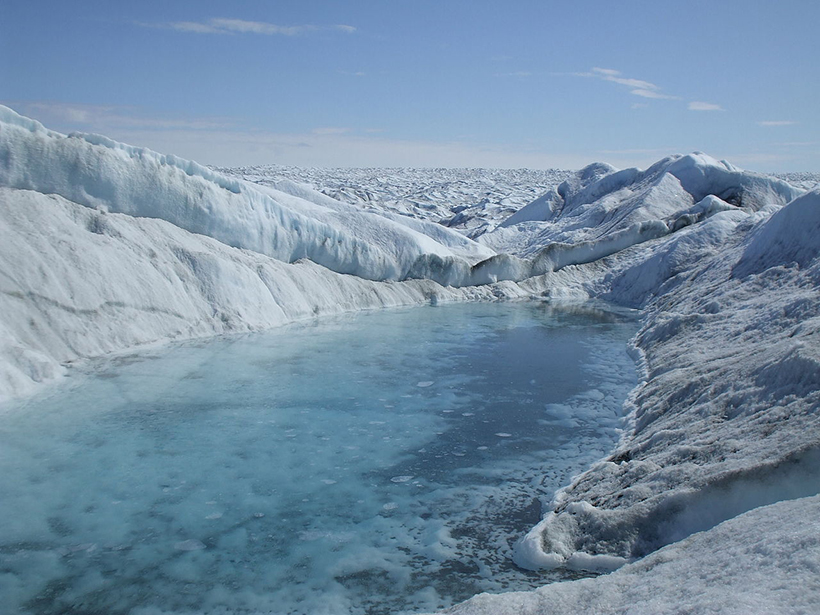Linking an existing network of radio telescopes with satellite radar would make it possible to measure ground displacements in a globally consistent way, scientists propose.
transdisciplinary science
Sea Level Science Grapples with Uncertainty and Usability
Improved transdisciplinary approaches are needed to ensure that research on rising seas is useful for planning in coastal communities.
Climate Change Will Make Us Sicker and Lose Work Hours
Experts have given the United States a warning: Reduce greenhouse gas emissions, or suffer the consequences of lower productivity and a sicker population for generations to come.
Addressing Arctic Challenges Requires a Synoptic Ocean Survey
A coordinated effort involving trailblazing science—and icebreaking ships—from many nations is needed to fill gaps in our understanding of the Arctic Ocean and how it’s changing.
Society’s High Stakes Game of Chance Against Nature
We can better understand the risks of natural hazards and develop more effective mitigation strategies when geoscience and social science perspectives are combined.
Climate Science Needs Professional Statisticians
Climate science needs its own specialized “climostatisticians” as integral members of multidisciplinary research teams.
Ocean Observations for Everyone
As the ocean observation community expands its research enterprise, it needs to better engage the end users of its data.
Reconstructing Natural Streamflow at Unprecedented Resolution
A new research effort has mapped 35 years of naturalized streamflow for 2.94 million river reaches worldwide: an invaluable dataset for hydrology, biogeochemistry, ecology, and remote sensing.
Mud on the Move
Powerful submarine flows known as turbidity currents are starting to give up their secrets.
Scientists Announce TiPES Project
The European Tipping Points in the Earth System project is a multidisciplinary effort to clarify and explain the dynamics and thresholds of climate change tipping points.

